SUMMARY
This is AI generated summarization, which may have errors. For context, always refer to the full article.
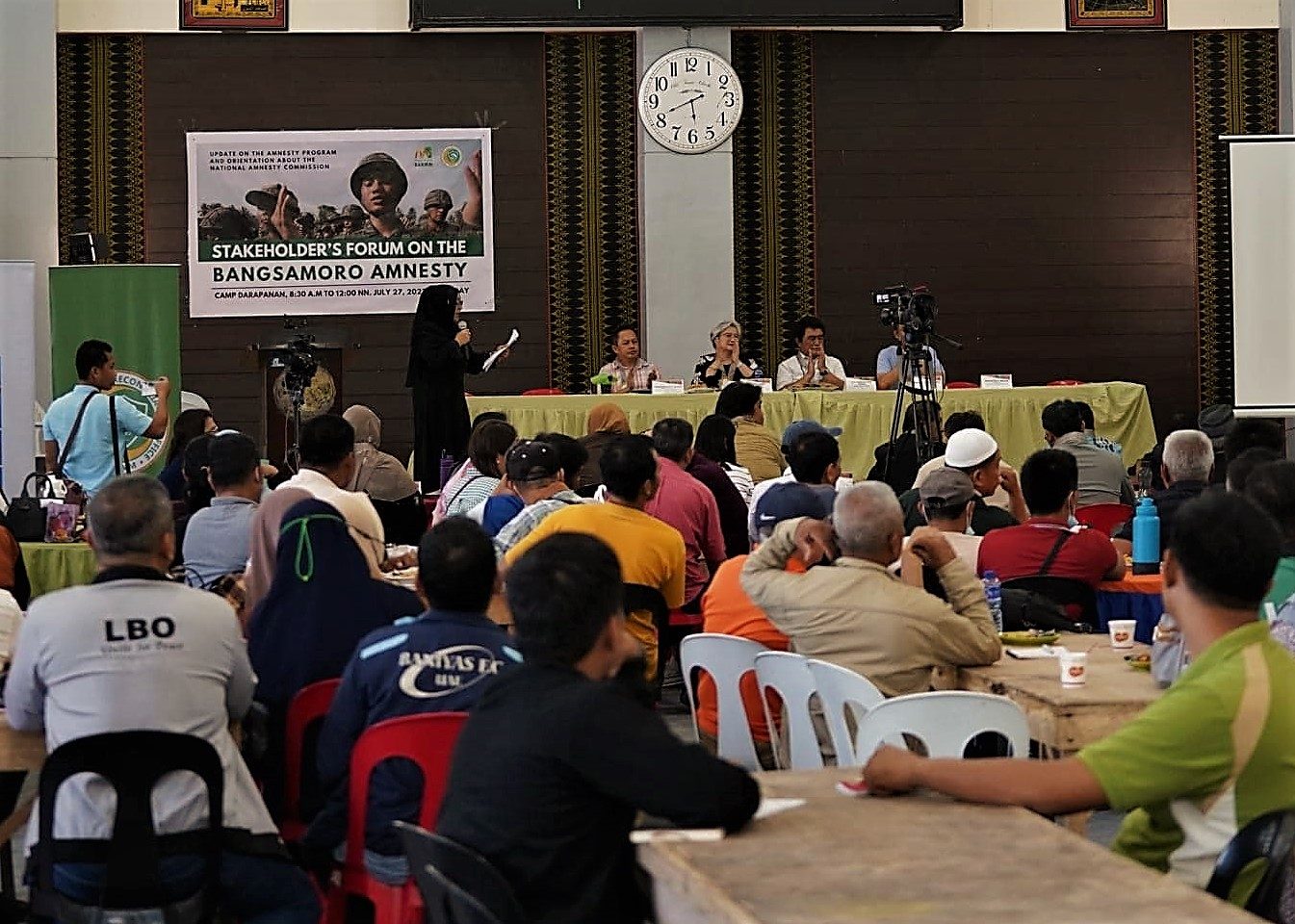
COTABATO, Philippines – At least 3,600 former rebels, mostly in Mindanao, are poised to be granted amnesty as the Senate gave its nod to separate resolutions from the House of Representatives, backing President Ferdinand Marcos Jr.’s amnesty initiative.
The biggest beneficiary is the Moro National Liberation Front (MNLF), a group founded by former governor Nur Misuari of the now-defunct Autonomous Region in Muslim Mindanao (ARMM). The group accounts for 55% of the potential amnesty recipients.
The Office of the Presidential Peace Adviser on Peace, Reconciliation, and Unity said the initiative would benefit around 2,000 former rebels from the MNLF, 1,200 from the Rebolusyonaryong Partido ng Manggagawa ng Pilipinas/Revolutionary Proletarian Army/Alex Boncayao Brigade (RPMP-RPA-ABB), and 400 others from the Moro Islamic Liberation Front (MILF).
On Monday, March 4, the Senate adopted three House Concurrent Resolutions, 19, 21, and 22, concurring with Presidential Proclamations 403, 405, and 406, respectively, in favor of Marcos’ grant of amnesty to former rebels from various groups.
The adoption passed with 19 votes, without any objection or abstention, less than three months after Marcos Jr. signed presidential amnesty proclamations.
Chief Minister Ahod “Al Haj Murad” Ebrahim of the Bangsamoro Autonomous Region in Muslim Mindanao (BARMM) expressed gratitude, saying the government’s grant of amnesty would fulfill agreements made during the Mindanao peace negotiations.
He said, “We are thankful and happy. Hopefully, soon, the government can establish an office that will start processing the papers of those qualified for amnesty. Even a simple certification is needed for them (former rebels) to live normal lives, free from charges.”
Ebrahim, also the leader of the MILF, pointed out that many who fought for the Bangsamoro cause were planning to participate in the 2025 elections but were facing legal obstacles due to criminal cases filed against them for acts related to their causes.
“It will help to ease our worries. Had the amnesty not been approved, the cases would be used as a tool against us,” he said.
The MILF’s political party, the United Bangsamoro Justice Party (UBJP), has mobilized in preparation for the BARMM’s first regional parliamentary elections in 2025. Several potential UBJP candidates have pending cases and were only holding safe conduct passes issued by the government.
Presidential Peace Adviser Carlito Galvez noted that despite the strong desire of members of these groups to be productive citizens in their communities, “the looming threat of legal repercussions limits them to do so.”
Galvez said, “They are torn between their desire to turn a new leaf, on one hand, and be held accountable for their political mistakes, on the other.”
“We are fully behind the government’s concerted efforts to advance reconciliation and healing from the armed conflicts that have divided our nation for far too long,” said Defense Secretary Gilberto Teodoro Jr.
National Security Adviser Secretary Eduardo Año said the amnesty initiative was a “strong indication of the solidarity of the current administration in the pursuit of lasting peace and national security.”
The amnesty will be granted to ex-rebels who have committed crimes in pursuit of their political beliefs, including but not limited to rebellion or insurrection, sedition, illegal assembly, direct and indirect assault, resistance and disobedience to a person in authority, and illegal possession of firearms, ammunition, or explosives.
However, there are exceptions. It will not be granted to those who have already been charged under the Human Security Act of 2007 and the Anti-Terrorism Act of 2020.
Neither would amnesty cover crimes such as kidnapping for ransom, massacre, rape, terrorism, crimes against chastity, crimes committed for personal ends, violation of the Comprehensive Dangerous Drugs Act of 2002, grave violations of the Geneva Convention of 1949, genocide, crimes against humanity, war crimes, torture, enforced disappearances, and other gross violations of human rights. – Rappler.com
Add a comment
How does this make you feel?
![[Closer Look] ‘Join Marcos, avert Duterte’ and the danger of expediency](https://www.rappler.com/tachyon/2024/06/TL-trillanes-duterte-expediency-june-29-2024.jpg?resize=257%2C257&crop_strategy=attention)

![[Newspoint] A Freedom Week joke](https://www.rappler.com/tachyon/2024/06/20240614-Filipino-Week-joke-1.jpg?resize=257%2C257&crop_strategy=attention)

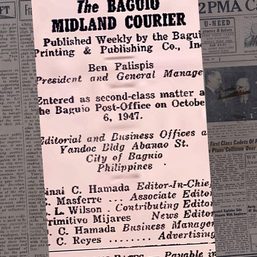



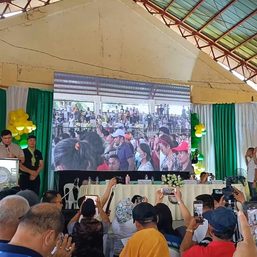
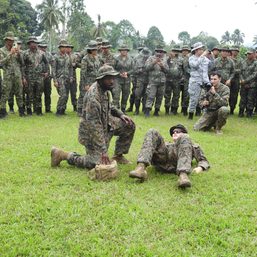

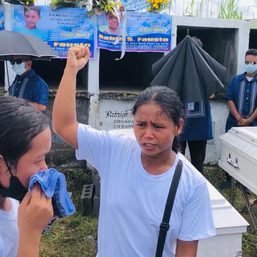







![[WATCH] Bamban POGO scandal: There’s a bigger fish than Alice Guo](https://www.rappler.com/tachyon/2024/07/inside-track-tcard-bamban-pogo.jpg?resize=257%2C257&crop=435px%2C0px%2C1080px%2C1080px)
There are no comments yet. Add your comment to start the conversation.